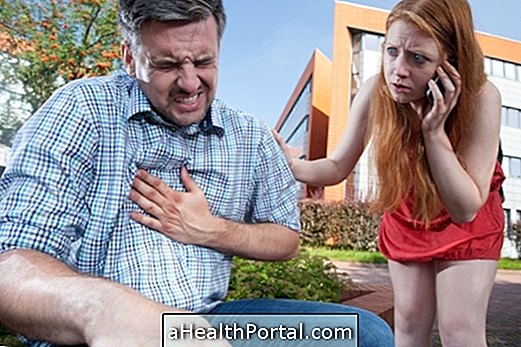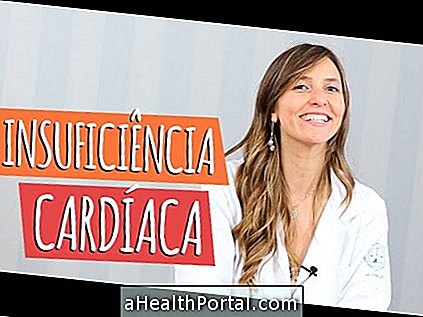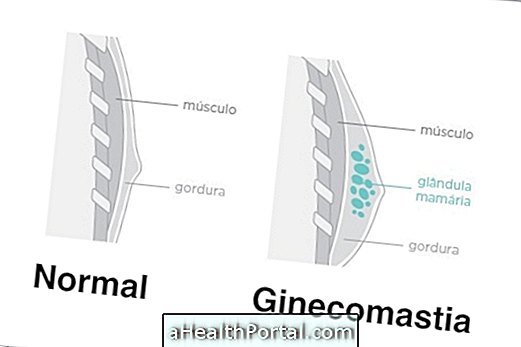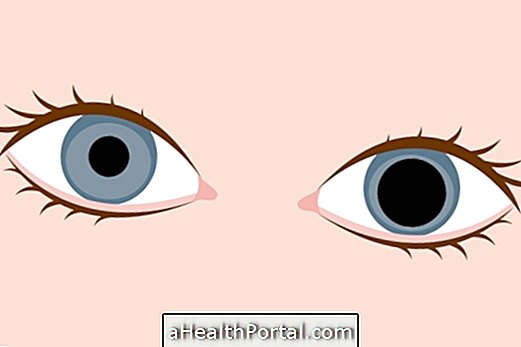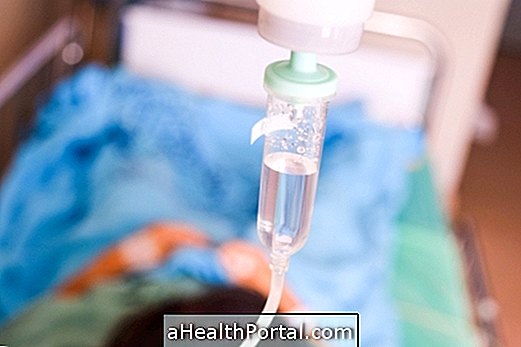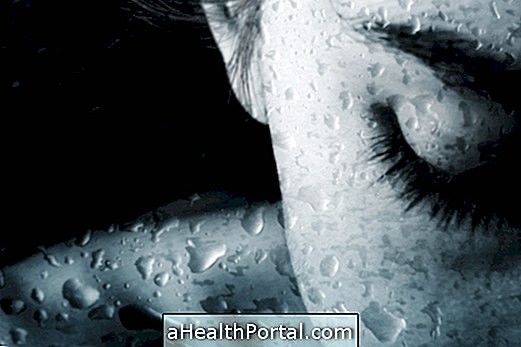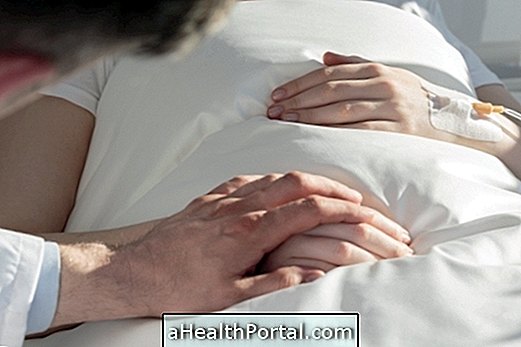Cardiac arrhythmia is any change in the rhythm of heart beats, which can cause it to beat faster, slower or simply out of rhythm. The heart rate frequency in one minute considered normal in a resting individual is between 60 and 100.
Cardiac arrhythmia may be benign or malignant, with benign type being the most common. Benign cardiac arrhythmias are those that do not alter the function and performance of the heart and do not carry greater risks of death, being able to be controlled with medicines and with physical activity. Already the malignant type, worsen with effort or exercise and can lead to death.
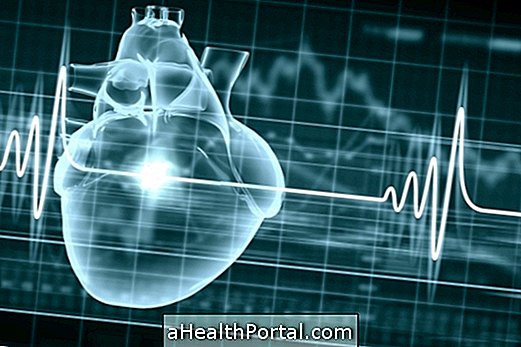
Causes of cardiac arrhythmia
The causes of cardiac arrhythmia may be:
1. Anemia
Anemia is a reduction in the number of red blood cells or hemoglobin in the blood to below normal values, causing symptoms such as excessive tiredness, drowsiness, difficulty concentrating, memory loss and lack of appetite. See what type of anemia may be at the origin of the arrhythmia.
2. Anxiety and stress
Stress and anxiety can cause various health problems due to altered production of cortisol, causing symptoms such as changes in heart rate, sweating, tremors, dizziness or dry mouth, for example. Learn how to manage stress and anxiety.
3. Severe hypothyroidism
Hypothyroidism consists of low thyroid activity, which does not produce enough hormones to meet the needs of the body, causing numerous symptoms. See what and how to treat this disease.
4. Coronary disease
Coronary heart disease consists of the obstruction of the blood vessels that irrigate the heart, due to the accumulation of fat plates inside, making it difficult for the blood to pass to the heart. See what symptoms and how the treatment of coronary disease is done.
5. Heart muscle diseases
These illnesses arise when the heart has difficulty pumping the blood to the whole body, generating symptoms like tiredness, nocturnal cough or swelling in the legs at the end of the day.
6. Valvulopathies
Valvulopathies are diseases that affect the heart valves, such as the tricuspid, mitral, pulmonary and aortic valve, making it difficult to function and may cause symptoms such as fatigue, shortness of breath, chest pain or swelling.
7. Infectious diseases, such as Chagas disease
Chagas' disease is caused by the bite of a mosquito infected by a parasite called Trypanosoma cruzi, which can cause heart problems such as widening of the heart's ventricles and heart failure. Learn how the treatment of this disease is done.
8. Congenital heart disease
Congenital heart disease is characterized by a change in the structure of the heart that forms before birth.
In addition to these diseases, there are other factors that can cause arrhythmia, such as side effects of some medications, drug use, strenuous exercise, heart cell failures, changes in sodium, potassium, and calcium in the body or complications after surgery cardiac.

Symptoms of cardiac arrhythmia
Symptoms of cardiac arrhythmia may be:
- Heart palpitation and accelerated pulse;
- Feeling of a lump in the throat;
- Dizziness;
- Fainting;
- Feeling of weakness;
- Easy fatigue;
- Chest pain;
- Shortness of breath;
- Malaise
In some cases, the symptoms are not present and the doctor only discovers the disease when checking the individual's pulse or performing a heart auscultation, and should perform an electrocardiogram to confirm the presence of arrhythmia.
Diagnosis of cardiac arrhythmia
The diagnosis of cardiac arrhythmia can be made through tests such as:
- Electrocardiogram;
- 24-hour Holter;
- Exercise test;
- Electrophysiological study (EPS);
- Tilt test.
The cardiologist is the one who should request and evaluate these tests and it is not necessary to do all of them to arrive at the diagnosis.
Treatment for cardiac arrhythmia
Treatment for cardiac arrhythmia will depend on the type of arrhythmia. It can be performed through medications, pacemaker, lifestyle change or in some cases, ablation surgery.
Cardiac pacemaker placement is indicated for individuals who have certain types of low-frequency arrhythmias. It is necessary to follow the treatment correctly and for the whole life, since some types of cardiac arrhythmia can kill. See what care is needed after the pacemaker is placed.
Some examples of remedies used in cardiac arrhythmia are: propafenone, sotalol, dofetilide, amiodarone and ibutilide.
Is heart arrhythmia a cure?
Cardiac arrhythmias have healing or control when diagnosed in time. They can be reversed by treating their causes, using specific medications or by implanting pacemakers or cardio-defibrillators.

